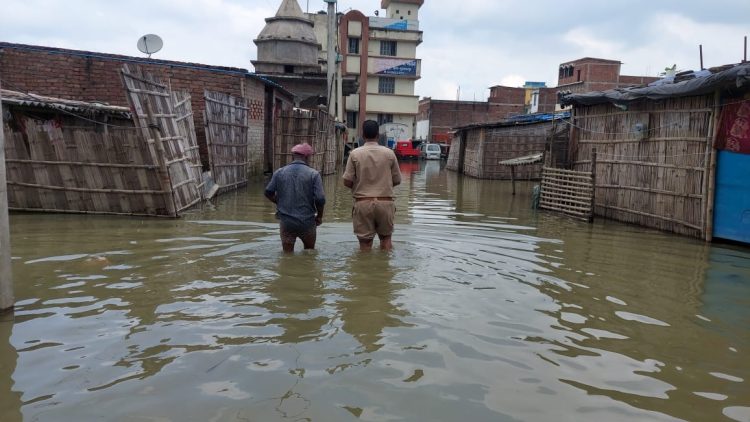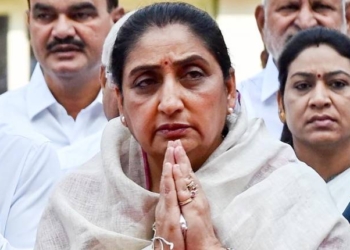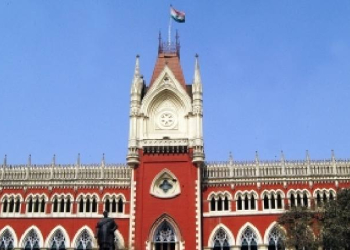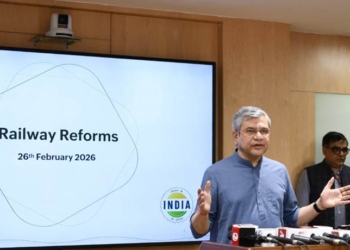Patna: Every year, monsoon floods wreak havoc in Bihar, particularly in the northern districts of the state.
While the government spends crores of rupees to take preventive measures each year, the situation has not changed much over the years.
“The state government is keeping an eye on all the concerned developments. We have constituted a dedicated control room besides deploying trained people at places where floods have a greater impact,” said Vijay Kumar Chaudhary, state Minister for Water Resources.
This year, the Water Resources department has worked on 150 pre-flood schemes and spent around Rs 350 crore, sources said.
Every year, a large number of people die due to the floods. Even though the monsoon is yet to arrive in Bihar, the water level in the Kosi River in north Bihar has started rising. On Tuesday, a bridge on the Bakra River in Araria district collapsed due to a sudden rise in the water level.
The Water Resources department started preparing for the floods from June 1.
The control room is functional now, while the leave of all the employees of the department, including engineers, has been canceled. The department is monitoring the water level in the rivers, along with the condition of the catchment areas and embankments.
It has taken several measures to protect the more than 3,700 km long embankments in Bihar. More security personnel have been deployed on the embankments while experts have been deployed in the control room for constant monitoring.
In 2021, the Bihar government spent Rs 1121.73 crore for 317 schemes, Rs 748.54 crore for 296 schemes in 2022, Rs 898.04 crore for 330 schemes in 2023, and Rs 350 crore for 149 schemes in 2024 as part of its flood control measures.
A large number of people die due to floods in Bihar each year. According to the data of the Bihar State Disaster Management Authority, the number of people drowning between June and December is continuously increasing in the state, with 205 people drowning in 2018, 630 in 2019, 1,060 in 2020, 1,206 in 2021, while 1,256 people died in 2022.
Former Water Resources Minister and Rajya Sabha MP Sanjay Jha always maintained that Bihar would not get relief from floods until dams are not be built in Nepal.
Experts in water management feel that Bihar will get relief from floods only when the water coming from Nepal is controlled. For this, the Centre and the state will have to work together because it is an international matter.
Dinesh Mishra, a scholar and an expert on the flood situation in Bihar, holds the state government responsible for the flood menace.
“Everyone in the government, including the engineers in the Water Resources department, knows about siltation. Instead of coming up with a permanent solution to resolve the problem, the government looks only at temporary measures.
“When the Kushaha tragedy on the Kosi River happened in 2008, the Nitish Kumar government gave compensation to the affected family members and they remained silent. No one asked about permanent solutions.
“The state government opens a control room in Patna to monitor the flood situation every year from June 1 to October 15. Every year, floods happen in July. Why doesn’t the control room remain functional throughout the year? They know well about the problems but fail to address them,” Mishra said.
(IANS)














